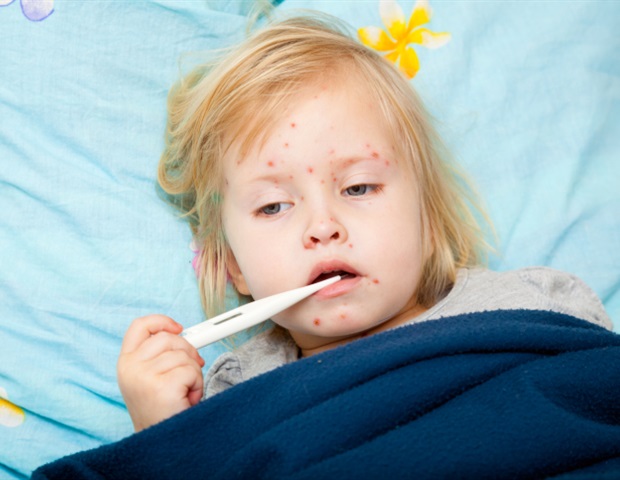
[ad_1]
InDevR announced today that it will pursue proof of concept development for new VaxArray potency assays for measles (M) and rubella vaccines sponsored by the Bill & Melinda Gates Foundation. The long-term objective is to create in vitro measles and rubella potency assays in order to deliver high quality MR vaccines to market faster and with lower production costs. The project will leverage the multiplexed VaxArray platform, which was first developed and validated for more efficient potency testing of influenza vaccines. Accurate measurement of vaccine “potency” is critical because it allows vaccine producers to package just the right amount of the active ingredient. Under-filling can result in a sub-potent vaccine that does not protect the patient and over-filling can cause a safety issue – both cases result in unacceptable product.
Measles and rubella (“German Measles”) are highly contagious diseases that have significant health impact around the world. According to the Measles and Rubella Initiative , before the year 2000 over a half million children died each year from measles and associated complications. This disease can be prevented by well-proven vaccines. In order to deliver the vaccine to all those in need around the globe, it would be beneficial to streamline the vaccine manufacturing process.
Dr. Klaus Stohr, former Head Global Public Policy at Novartis Vaccines, commented “There is no doubt that measles and rubella vaccines will remain cornerstones of pediatric immunization programs in both developed and developing countries. VaxArray has the potential to reduce production cost and could become an important addition to increasing the availability of these life-saving vaccines worldwide.”
Currently, time-consuming biological tests such as tissue culture infectious dose (TCID50), which takes 1-2 weeks to complete, are used to measure potency for MR vaccines. The VaxArray platform offers 2-hour assays for tracking potency throughout the vaccine manufacturing process, which could reduce production time by weeks and possibly shave months off of the time required to deliver vaccine to market. For example, measles and rubella TCID50 specifications for vaccine release are currently 3000 and 1000 infectious particles/dose, respectively. A more accurate potency assay for each of these live attenuated virus antigens would minimize risks and reduce expensive lot rejections.
InDevR’s CEO, Kathy Rowlen, Ph.D., said “We are thrilled to partner with the Bill & Melinda Gates Foundation. Their sponsorship of this project is further validation of the potential of our VaxArray platform for enhancing vaccine potency testing.”
Posted in: Device / Technology News | Disease/Infection News
[ad_2]
Source link